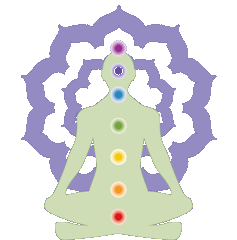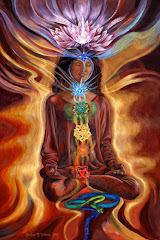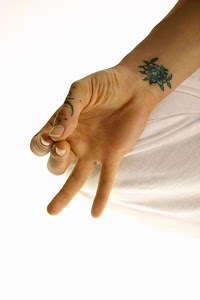Actually, for most people, it's easier to begin with compassion towards others, and use that to learn how to extend it inward to the self. Our inner worlds are very complex, and we often make (false) assumptions like 'everyone else has got it together', 'I'm the only one who feels inadequate', 'everyone else is judging me' and, 'everyone can see all my flaws'. In fact, other people only see what you show them, and no one has 'got it all together'. As an example of how our internal and (perceived) external identities can be very different, I thought of myself as very shy and introverted my whole life. And yet, the opinion of people around me always seemed to be that I was outgoing and had no trouble making friends with strangers. It took me a while to understand this. I finally realized that these other people could not, in fact, see my inner nervousness or self-doubt, and they took my chatty attempts to compensate for my shyness at face value. They truly saw a friendly, outgoing person.
Our inner and outer identities are always in flux, but the reaction of those around us does have a definite influence on shaping our inner life. If we receive messages that we are bad or useless, we will incorporate those 'definitions' into our understanding of ourselves. And of course, if we receive messages that we are loved and worthy of happiness, we will incorporate those things as well. When we are younger, our parents and other authority figures have a lot of power here. But the great news is that, as we get older, we can take charge of which messages we incorporate (think about that word for a second. 'Incorporate' literally means 'to make part of the body (or self)'.). Just as we do with breathing, we can turn this identity-message process from an unconscious one into a conscious one, inviting positive energy and messages in, and filtering out the negative ones. This takes some practice, but you can vastly transform your inner world by shifting your view of yourself in this way.
A while ago in class, I brought up the idea of practicing as if you were in someone else's body; a friend's or stranger's on loan. I think a lot of people thought I was loony that day, but I was trying to stress the point that we don't react to others the same way we react to ourselves. We may instantly get frustrated if we cannot do a pose or a task, but have quite a lot of patience while teaching this same thing to a friend. My encouragement to you is to extend the same patience and kindness to yourself, always, in all situations.
As humans, I believe we have an inherent obligation to extend kindness to all, especially ourselves. If we follow this path, only good can come of it.




